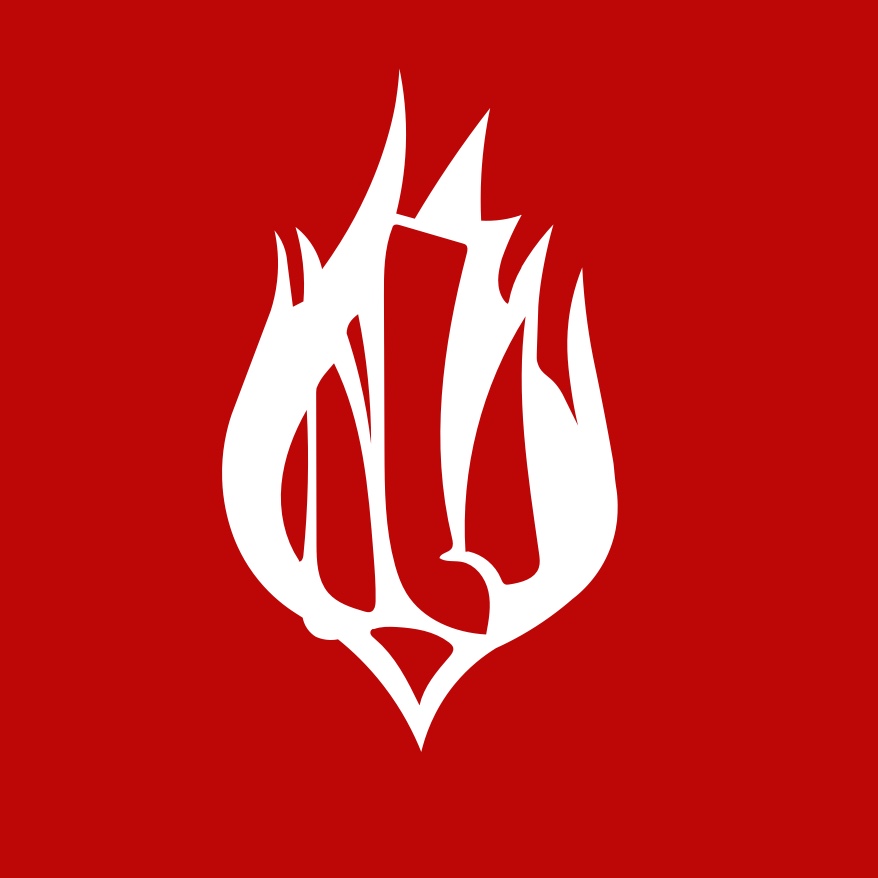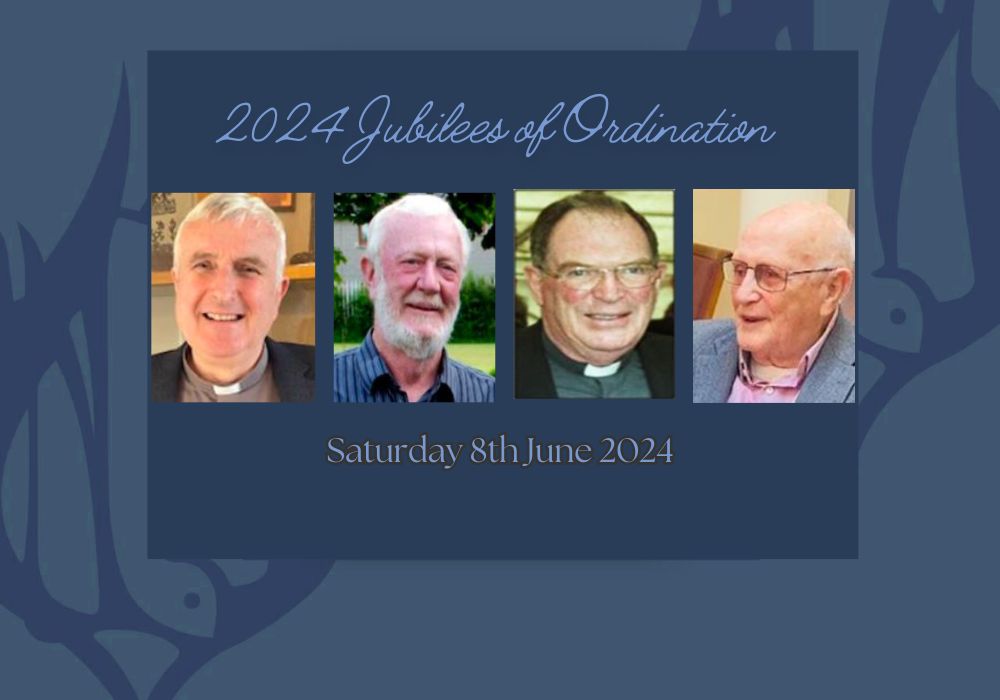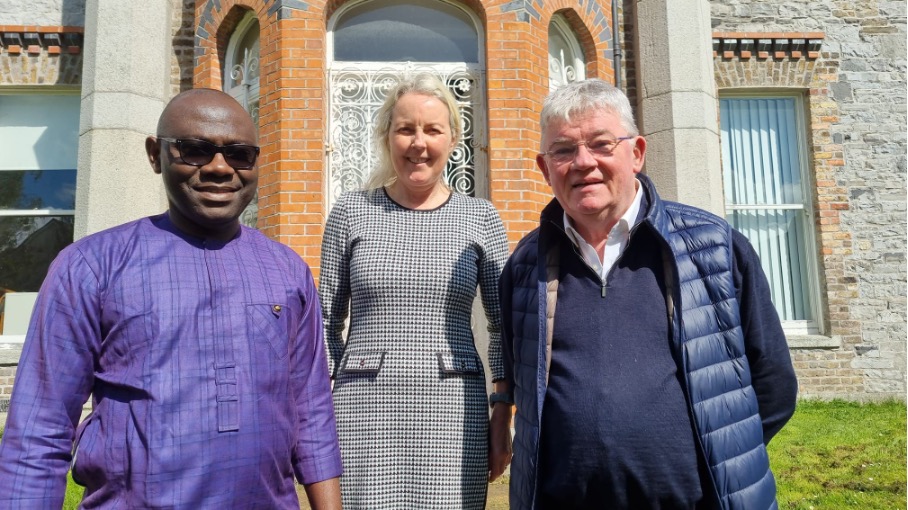As dawn broke on Christmas Day in 1914, a remarkable event took place along a section of the war front in France. Soldiers of opposing armies put aside their killing and for a whole day they sat together, shared meals and played football. They communicated with few words and many gestures. That incident has been recorded in verse, movies (one of the best is “Joyeux Noel”) and, of course, in military dispatches. And John McCutcheon’s poem, “Christmas in the Trenches”, tells what happened. Here are some of the verses:
Soon one by one on either side walked into no-man’s land.
With neither gun nor bayonet we met there hand to hand.
We shared some secret brandy, and we wished each other well,
And in a flare-lit soccer game we gave ’em hell.
We traded chocolates, cigarettes, and photographs from home,
These sons and fathers far away from families of their own.
Young Sanders played his squeeze-box, they had a violin,
This curious and unlikely band of men.
Soon daylight stole upon us, and France was France once more.
With sad farewells we each began to settle back to war.
But the question haunted every heart that beat that wondrous night:
“Whose family have I fixed within my sights?”
‘Twas Christmas in the trenches, where the frost so bitter hung.
The frozen fields of France were warmed as songs of peace were sung.
For the walls they’d kept between us to exact the work of war
Had been crumbled, and were gone forever more.
O my name is Francis Tolliver, in Liverpool I dwell;
Each Christmas come since World War One I’ve learned its lessons well:
That the ones who call the shots won’t be among the dead and lame,
And on each end of the rifle we’re the same.
“Francis Tolliver in Liverpool,” learned well.” Have we? Seemingly not. And the wars in Palestine / Israel, Ukraine, in DRC and other African countries are not the only ones to scar this earth of ours this Christmas Day.
We need to revisit that incident in 1914. Or, better still, to go to a village in Palestine in the first century. The event that occurred there in Bethlehem was, in fact, the one that brought about that unusual episode in France. In the Bible / New Testament, St. John tells it this way, “In the beginning was the Word and the Word was with God, and the Word was God. The Word became human and lived amongst us, full of grace and truth.” All that God wanted to share was poured into a single human life. God communicated in a way mere words never could.
There is no single avenue that God uses to communicate and reveal God’s self. God is found in history and in nature and these are God’s gifts to us. But St. John and all of us would want to say that God’s best gift is Jesus Christ. The human Jesus is the fullest revelation that we have.Every gift has two sides – the giver and the recipient. Both are necessary. God’s best gift calls for our response: to accept or reject. That is true of the gift of forgiveness, hope and friendship. Each must be received or rejected.
And this best gift of Jesus Christ? It is so powerful that it can bring a World War to an abrupt halt and transform enemy soldiers into carollers and brothers, at least until sundown. What do you and I do with this gift?








